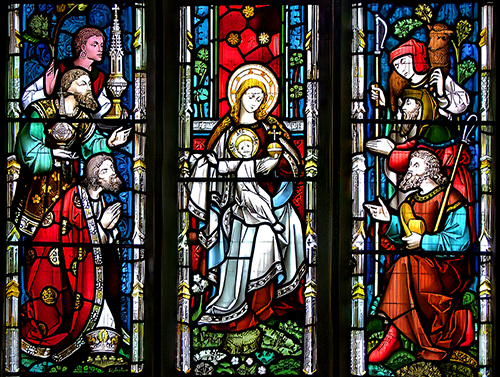
My Liturgical Calendar tells me/us that we are now in what is known as Ordinary Time. When one looks up the definition of the word ‘ordinary’ in the Oxford Dictionary we find stated “not interesting or exceptional; what is commonplace or standard.”
Nothing really anything to write home about.
The liturgical colour chosen for this “ordinary time” is, however, green, and maybe here the ‘ordinary’ becomes ‘extraordinary’; what is standard becomes special.
(My experience of this market garden goes back some ten years; whether the garden is still present, I do not know)
Across the road from the parish complex of St. Mary’s Otaki there is a market garden. I found it intriguing to watch what were ploughed however empty, barren paddocks, after attention and watering begin to be carpeted in green! Row upon row of lush cabbages, and lettuce, and broccoli.

Maybe this time in our liturgical year is the invitation to go down, deep, and to find my/our water source?
What, who gives me life? what, who refreshes me? Where lies my/our water source? What and/or who colours me green?
Maybe these weeks called “Ordinary Time” are an invitation to find my water source – those persons, places and objects that refresh me, nourish me, make me wet again and so promote my growing.
The 12thC Benedictine abbess Hildegard of Bingen wrote, “There is a power that has been since all eternity, and that force and potentiality is green!” Hildegard names this greening force viriditas, the Latin for her original “das Gruen,” the greening.
With viriditas Hildegard captures the greening power, the living light, that breathes in all beings, flows through all that is alive: “Be it greenness or seed, blossom or beauty – it could not be creation without it.”
Hildegard spoke often of viriditas, the greening of things from within, analogous to what we now call photosynthesis. There is a readiness in plants to receive the sun and to transform its light and warmth into energy and life.
Maybe that is what this “Ordinary Time” is truly about, a readiness to receive the sun/Son and to be transformed into energy and life.
Maybe, we dare rename our Ordinary Time as Greening Time.



